Background
What is an effective team? An effective team is a group of people that are able to work together, support each other and motivate each other to achieve a shared goal or outcome. Effective teams have an effective leader whose job is to guide the team toward the goal or objectives that the team needs to achieve.
This article looks deeper into the question of what is an effective team.
What is a Team
Before we look deeper at the question of what is an effective team, we should start with what is a team?
This definition means that a team is a group of individuals who all collectively understand what needs to be achieved and all members of the team a willing and motivated to move towards it.
A team will have a leader or manager whose job it is to set the direction, describe the goal or goals and provide the right guidance, support, tools support and motivation for the team to move in the right direction.
Teams have cohesion in that they are not just a group of individuals trying to move in different directions or jostle for power and control. It is true that this will naturally happen, but for a team to become an effective team, they must have moved past this stage.
What is an Effective Team?
Effective teams have cohesion and are working seamlessly and in unison together. They work together towards the goal or goals that are required of them under the guidance of their leader.
Effective teams will display certain characteristics and it’s these characteristics that will help us to understand and answer the question of what is an effective team.
The Characteristics of an Effective Team
Effective teams will demonstrate the following characteristics:
- Moving in one direction – effective teams appear to understand the direction they should be moving in. The leader has set this direction and the team are moving towards it
- Clarity – effective teams don’t need to ask too many questions. It is likely they are now past that stage and are getting on with things
- Bond – the team appears to get along well with one another. There is no negativity or conflict. The team appear to help and support each other and seem to enjoy what they are doing. Work appears fun and enjoyable and the relationship effortless
- Effective communication – the team appear to know what to communicate, when to communicate and who to communicate it to without little input from the leader
- Clearly defined roles – each team member appears to have a clear;y defined role in the team. The entire team know what each other’s roles are and don’t step on each other’s toes
- Individual accountability – each team member is accountable for their own tasks, decisions and performance. When things go wrong the individual takes ownership and doesn’t try to pass the blame to another team member
- Openness and honesty – the team seems comfortable providing each other with feedback and open and honest discussions about problems and progress take place without being prompted
- Decisions get made – the team work together to make decisions. Discussions take place to work through problems which quickly move to solutions, rather than getting too bogged down in the problem
Creating an Effective Team
When we look at the question of what is an effective team, we have to wonder how they actually got there. Effective teams have gone through some predictable stages of team development. These stages were summed up by Bruce Tuckman in 1965 when he described his Team Lifecycle model. These stages were:
- Forming
- Storming
- Norming
- Performing
- Adjourning
You can read more about the Team Lifecycle model by reading our Tuckman’s Team Development Lifecycle Model article.
Further Learning
If you wish to find out more about building effective teams, explore the what is an effective team question further you may find a building effective teams training course will help. Take a look at our Building High Performing Teams Training Course for more details.





